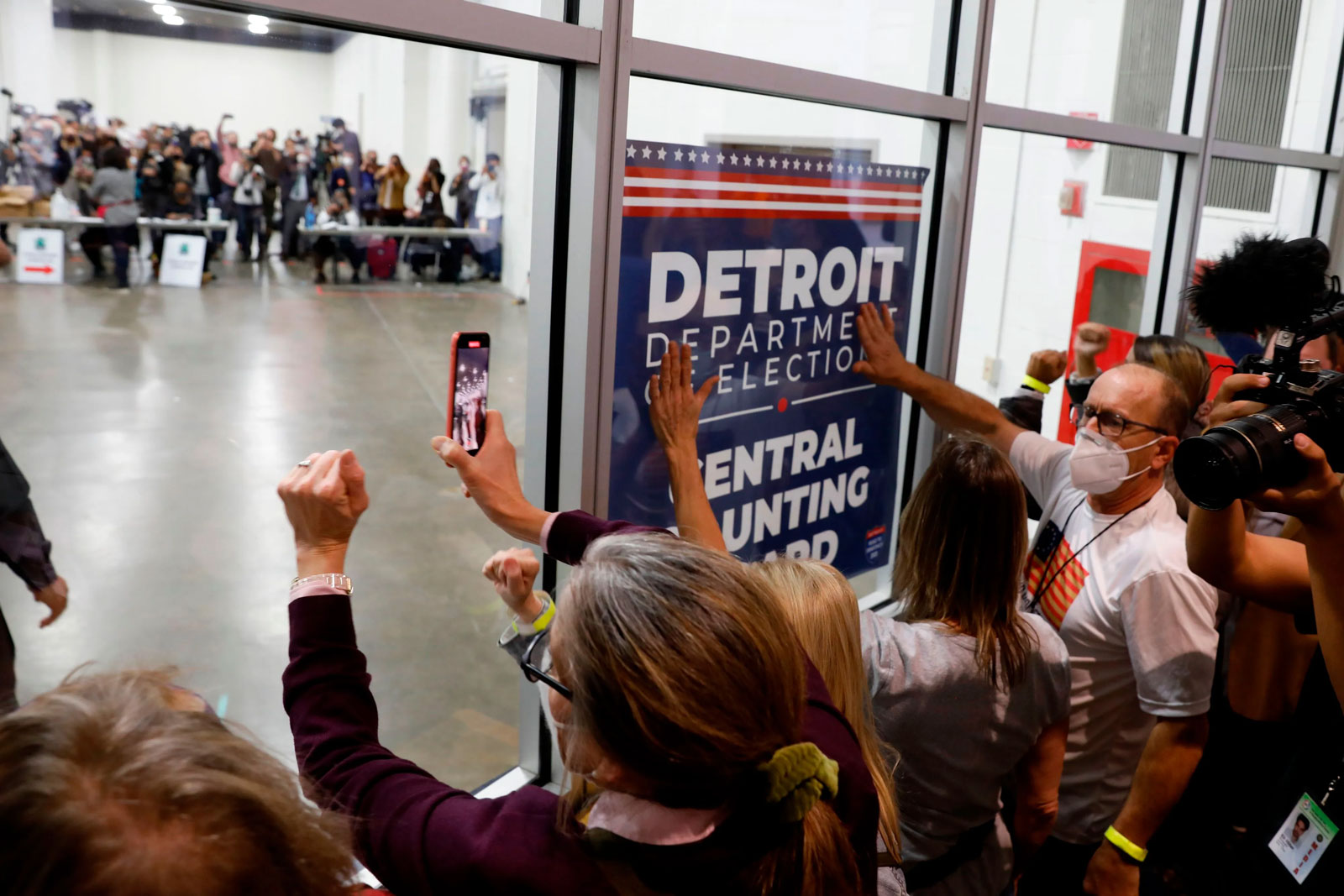Threats of violence and acts of intimidation directed toward election workers have increased significantly. Election workers include full- and part-time state and local election officials and the large temporary workforce who administer U.S. elections. The growing threat has contributed to staffing shortages and a loss of institutional knowledge because of increased election worker resignations and difficulty in recruiting new talent.
Rising concern for election workers’ security and the challenges it poses for accessible and secure elections have resulted in a growing bipartisan consensus that Congress should address the problem.


